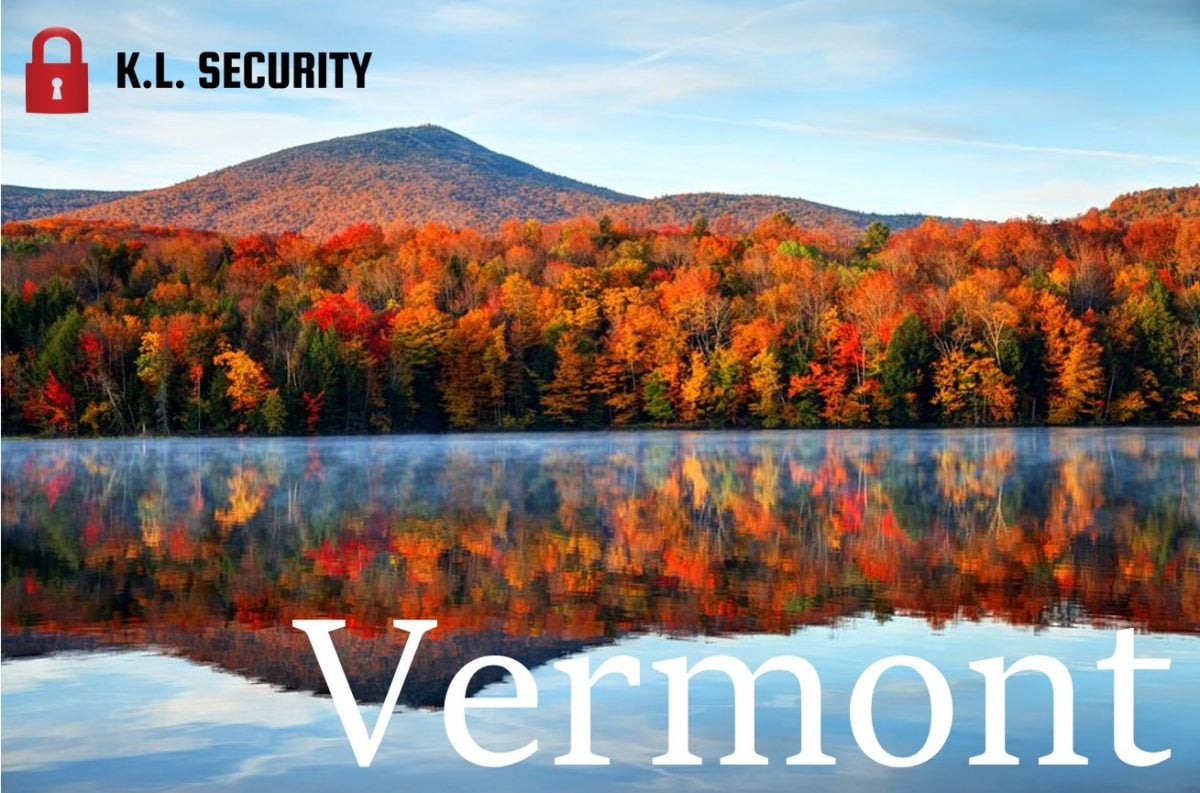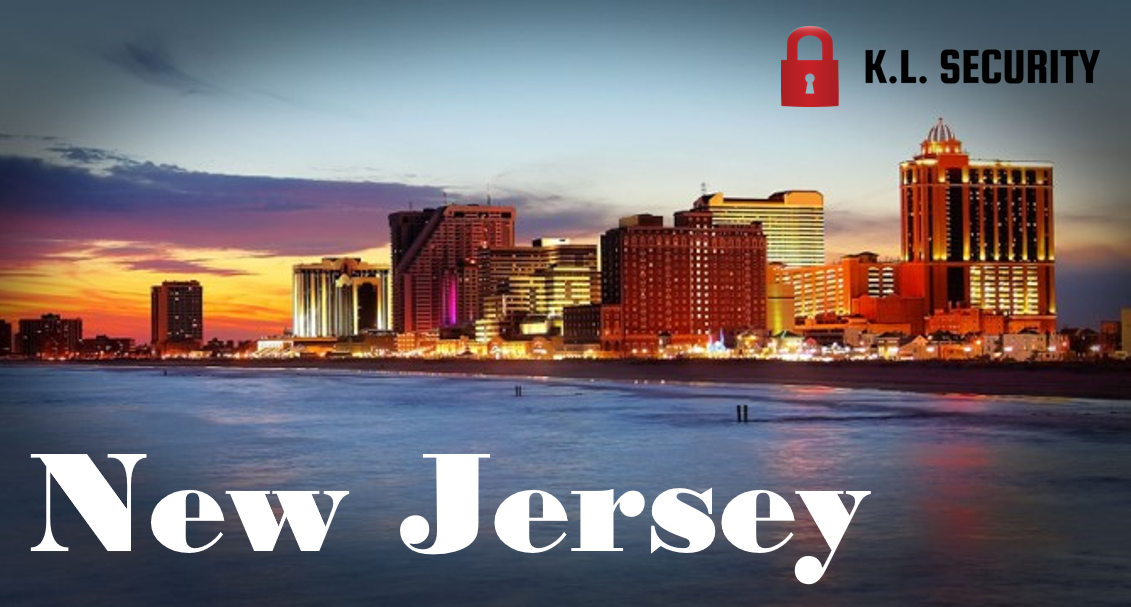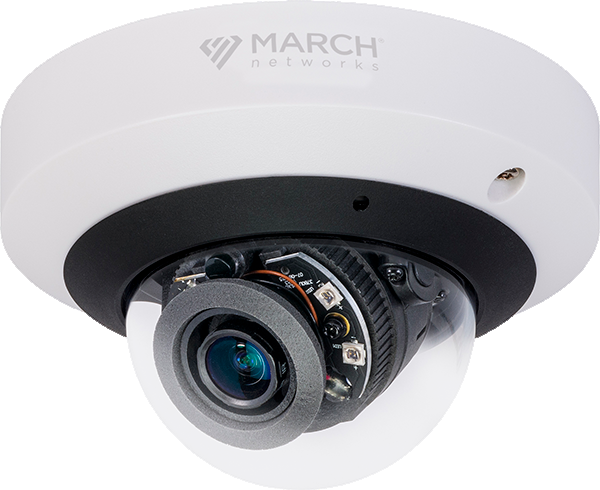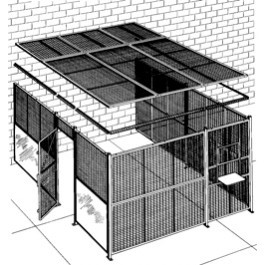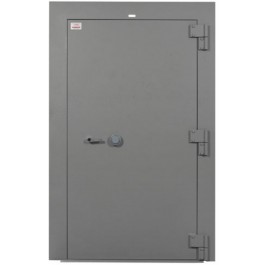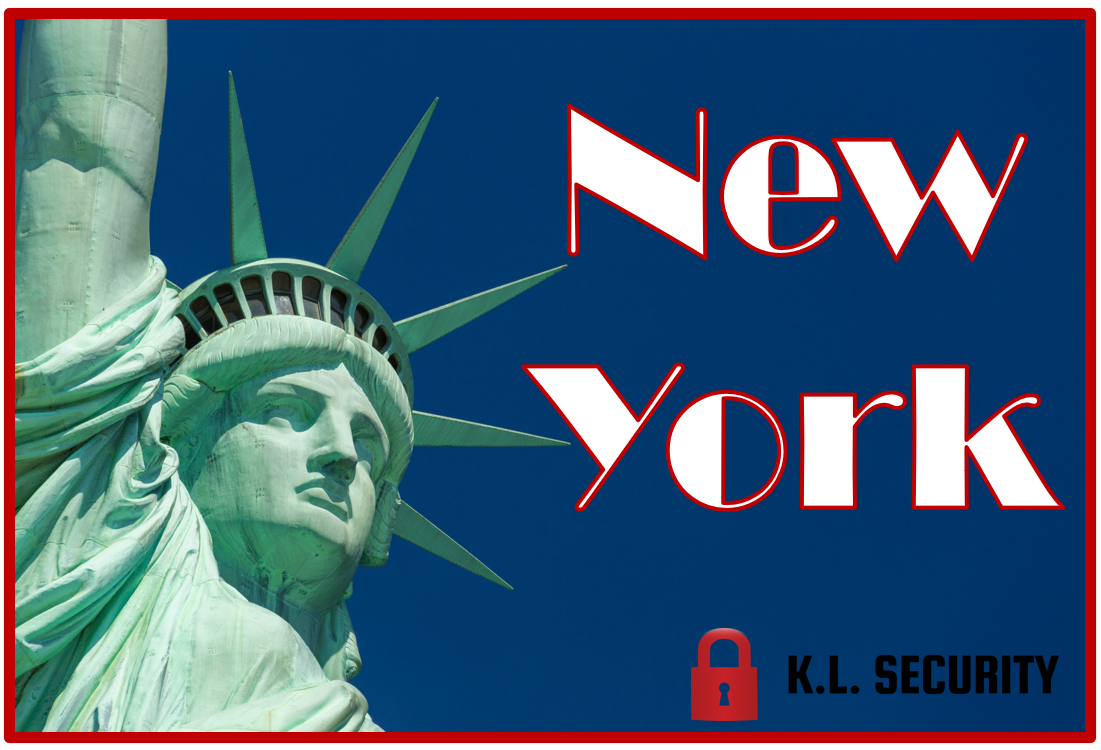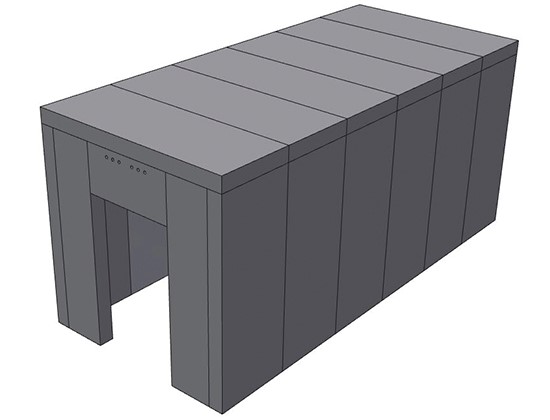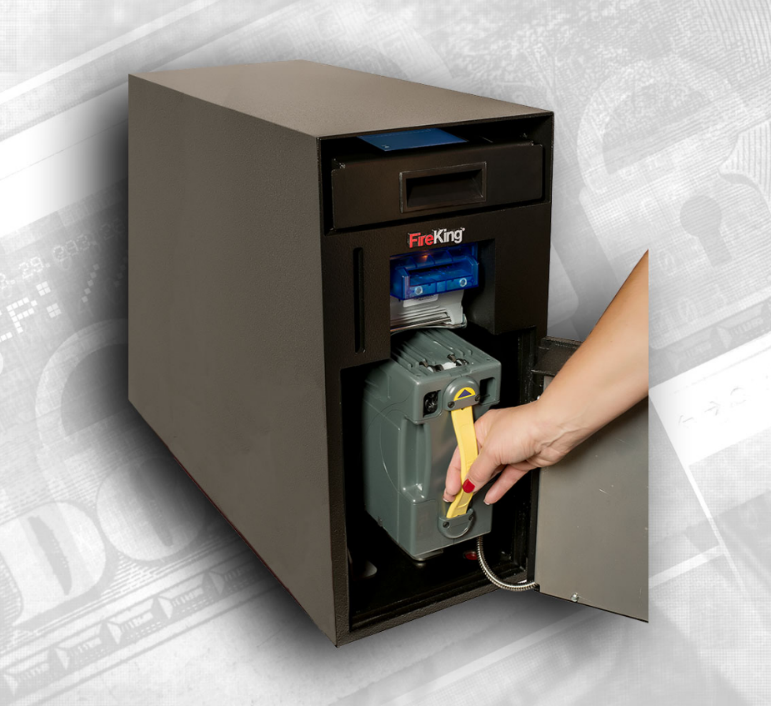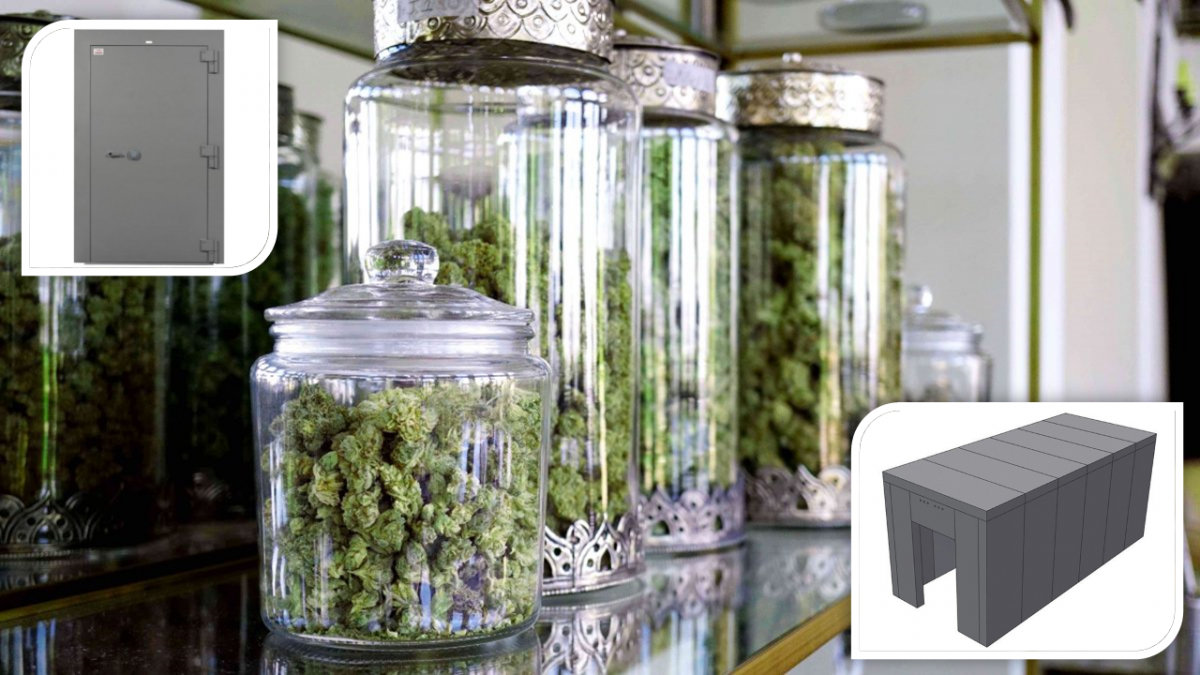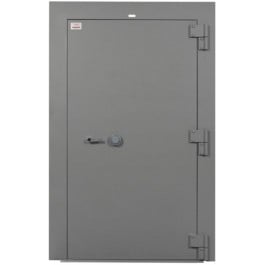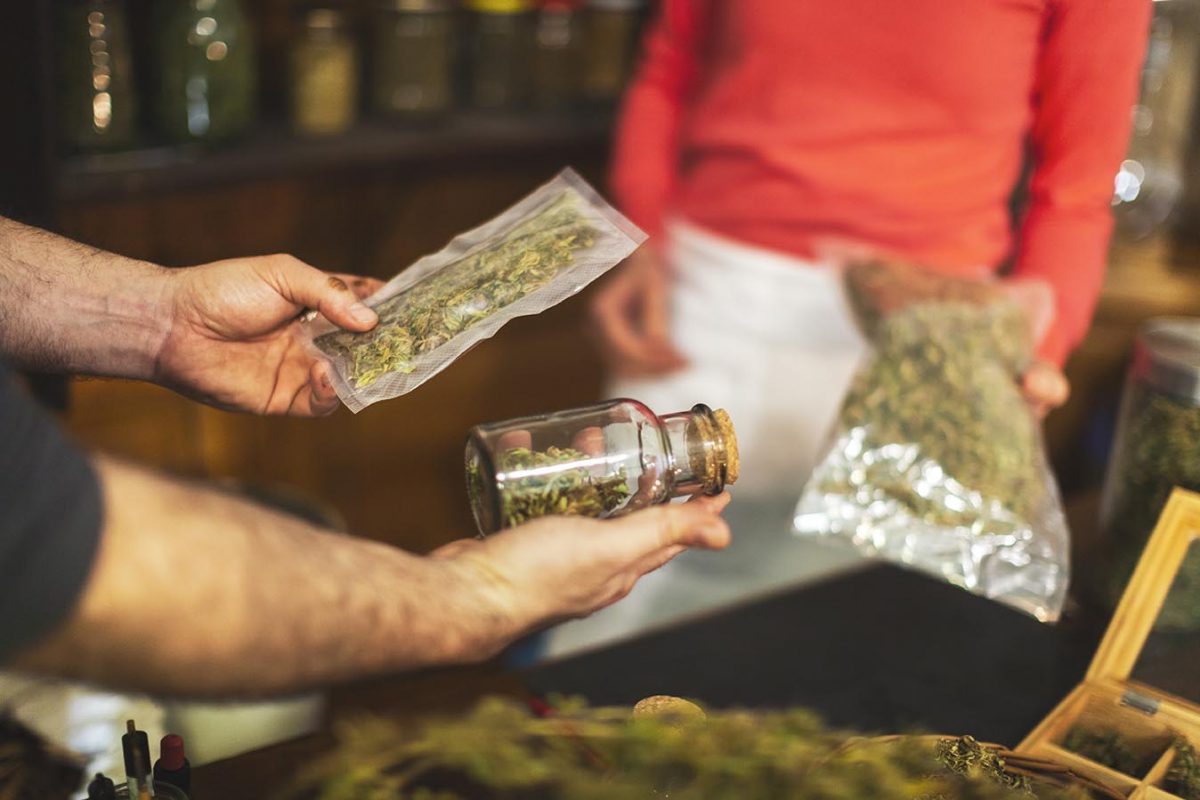By: Colene King
It looks like 2022 is the year Vermont may finally see the first legal sale of adult use marijuana. In 2018, the state legalized the use of marijuana for adults, but it wasn’t until 2020 that they decided to legalize the sale of it.
The windows to apply for operator licenses are opening up over the next several months: starting with small cultivation licenses on April 1st and ending with retail licenses opening September 1st. Existing medical marijuana dispensaries will be allowed to commence adult-use sales beginning May 1, while other retailers must wait until October. (Staff, 2022)
See chart for application opening dates for each type of operator:
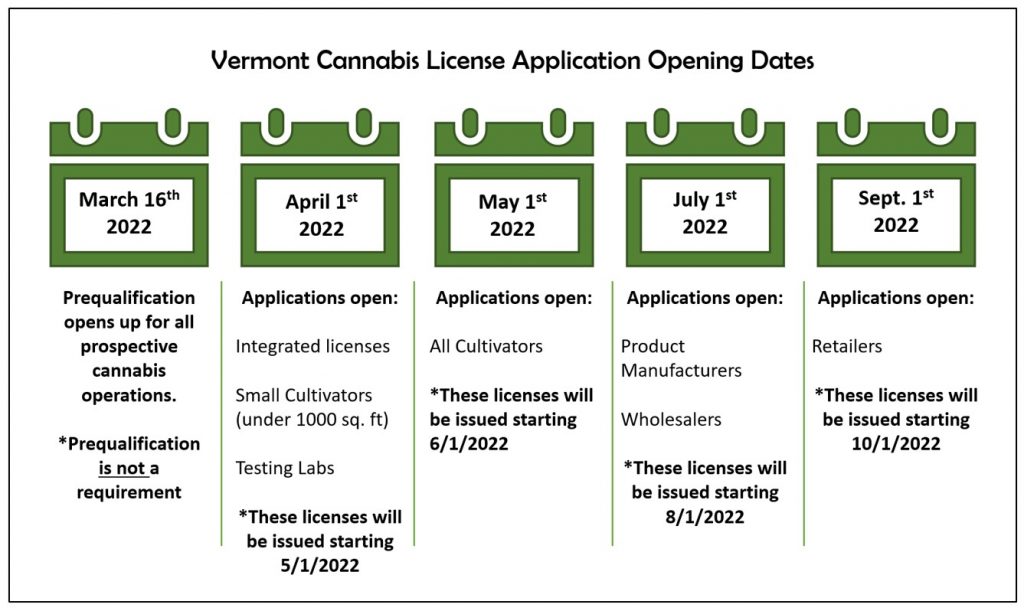
All license types may apply for pre-qualification beginning on March 16th. This pre-qualification is not required for full licensure. The Cannabis Control Board is offering pre-qualification in an effort to streamline the process and to foreshadow market structure.
Contrary to other states, Vermont is placing a larger priority on small cannabis growers. Their hopes are to pull the underground operators out of the woodwork and integrate these illegal growers into the legal cannabis market. There are concerns that these smaller operations may not be able produce enough product to meet demands at the launch of legal sales, but the Cannabis Control Board is optimistic.
The Cannabis Control Board, which consists of three members, was appointed in March of 2021 with the purpose of developing regulations for Vermont’s cannabis market. The regulations regarding security measures required for each type of cannabis operation are outlined below.
Security Regulations for Outdoor and Mixed Cultivators:
- Fencing
- Sufficient to prevent unauthorized entry
- Alarm system
- Video and photographic surveillance
- Footage must be retained for a minimum of 30 days
- Accurate date and time stamps on images, without obstructing images
- Able to produce usable images in the existing lighting conditions
- Allows for clear and certain identification of all persons or activities
- Resolution of 1080p or great
- Exportable and transferable to standard computing equipment
- Motion activated flood light
- Security services
- Must be operating for no less than the three-week period preceding harvest
Security Regulations for Indoor and Mixed Cultivators, Manufacturers, and Wholesalers:
- All perimeter doors and windows must be locked
- Only individuals with Cannabis Establishment ID card may have keys or a key equivalent
- All perimeter doors and windows must have operational security alarms
- Video surveillance with continue monitoring of any space containing cannabis
- Footage must be retained for a minimum of 30 days
- Accurate date and time stamps on images, without obstructing images
- Able to produce usable images in the existing lighting conditions
- Allows for clear and certain identification of all persons or activities
- Resolution of 1080p or great
- Exportable and transferable to standard computing equipment
Security Regulations for Retailers
Retailers must meet all requirements listed above for indoor and mixed cultivators, manufacturers, and wholesalers, along with the following additional requirements:
- Alarm system
- Standard commercial-grade alarm system
- Installed by an expert alarm system company
- Video surveillance
- Must include point-of-sales areas, entrances, exits, and any area containing cannabis
- Video footage must be retained for at least 90 days
- Strict access controls to areas where Cannabis and Cannabis Product is stored or handled
- Employees must wear identification badges while on duty
- Information related to the facility security must be maintained onsite and readily accessible and make them available for inspection by the Board, if requested.
Though these regulations don’t specifically require anything for the storage of marijuana, we strongly encourage you to invest in a vault to protect your product as well as your cash. With sales being mostly cash based and a product that is of high value, cannabis operators become a huge target for robberies.
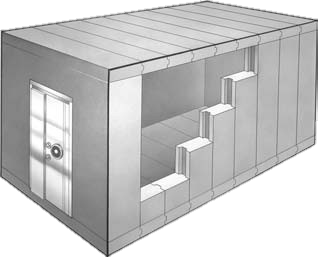
ArmorStor™ Modular Vaults & Doors
For new construction & retrofit of existing buildings. Our modular vaults offer the highest UL Security rating available at a fraction of the cost of poured concrete vaults
Another option to consider would be a cash management system. Whether you are concerned about cash shrinkage, inefficient cash handling or upgrading your cash-management plans, a commercial or retail cash management solution is best for you. Our smart safes offer bill validating, cash currency counting, cash management and cash recycling.

Smart Cash Management
Enabling retailers to gain efficiencies, reduce loss, and optimize in-store labor. All with the ability to integrate existing POS systems and video surveillance for end-to-end security.
Vermont’s Cannabis Control Board estimates that spending on recreational marijuana in Vermont could reach $225 million annually by 2025, which would translate to nearly $46 million in new state taxes. (Goldstein, 2021) If the Green Mountain State produces marijuana half as good as their maple syrup, Vermonters are in for a real treat.
Now is the opportune time to get your security plan together. Let us help you. KL Security focuses on facility security – vaults, cages, camera systems, cash management safes, high security safes, etc.
Sources:
https://mjbizdaily.com/more-than-two-dozen-vermont-towns-to-allow-adult-use-marijuana-stores/

